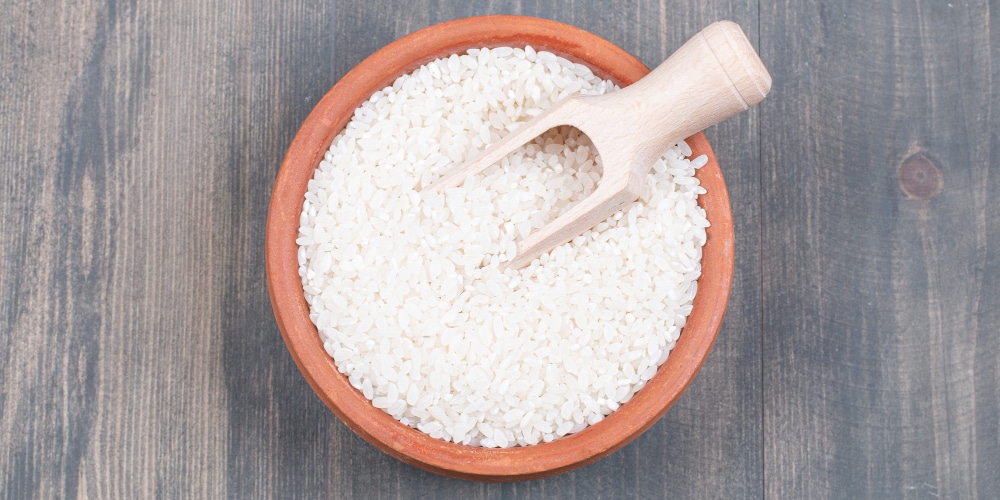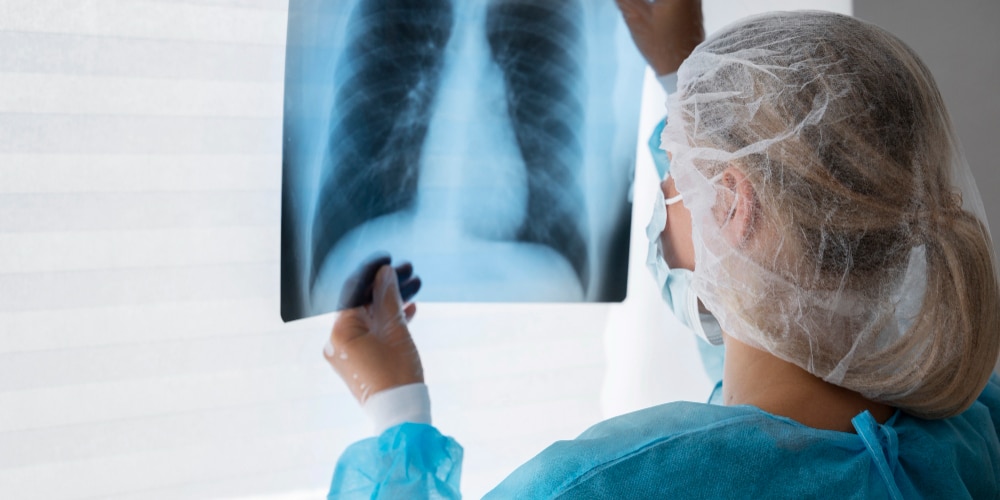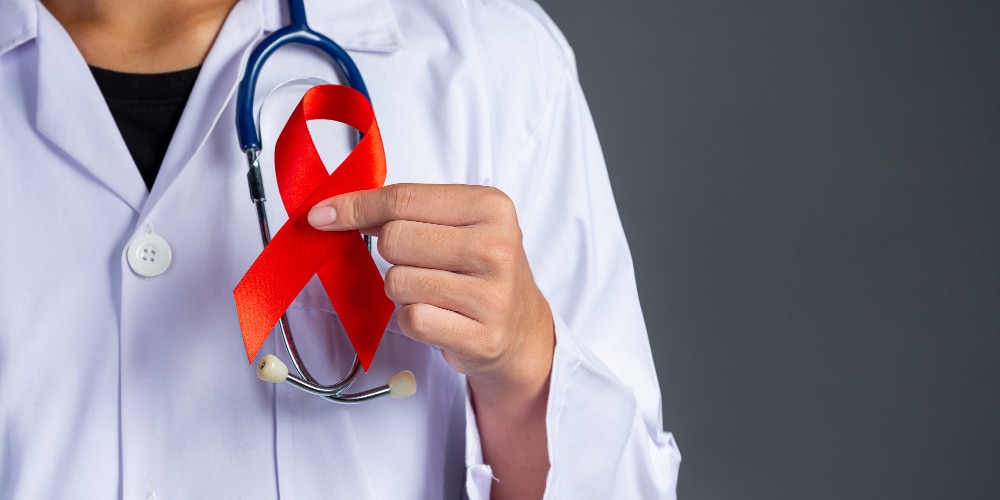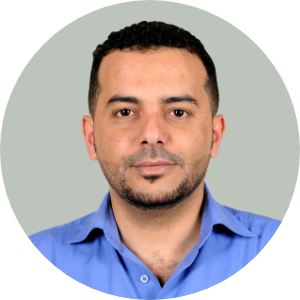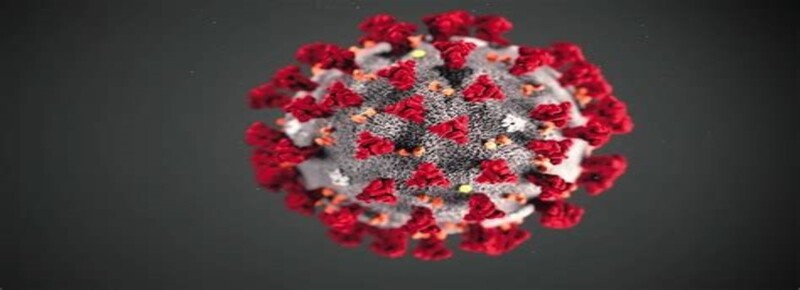Latest
Why medical professionals need to take up fact-checking
Author
Author
- admin / 4 years

- 0
- 2 min read

Author
It’s not good enough to know that you know the facts, you need to step up and set the record straight. Debunking false claims, particularly about health, is vital.
By Zayed Aboali
There’s no doubt that fact-checking is important. Research suggests that fact-checking corrects perceptions among people as well as discourages them from spreading false or misleading claims.
If you see a social media post or blog that claims “vaccines cause autism”, it is important to call out the false information. It’s not good enough to know that you know the facts, you need to step up and set the record straight. Debunking false claims, particularly about health, is vital. Is the information coming from a trusted source? Is it backed by scientific evidence?
Part of the approach of fact-checking is the awareness of the cognitive biases that are innate to each of us. While these biases help us navigate everyday life, they can cause us to overlook relevant facts, even when they are clearly presented. We need to address this.
It is also important to know and understand the kind of information that patients and people, in general, are looking for. We need to be willing and available to answer their questions about popular health claims. Perhaps, crowdsourcing fact checks from experts of medical and scientific community who are certified in a specific subject matter could yield promising results.
As members of the medical and scientific community, we have a crucial role to play today. I strongly believe that more professionals from the medical and scientific community need to take up fact-checking.
(The author is a First Check member & a nurse with the United Nations Development Programme in Yemen.)
(The article image has been updated.)
